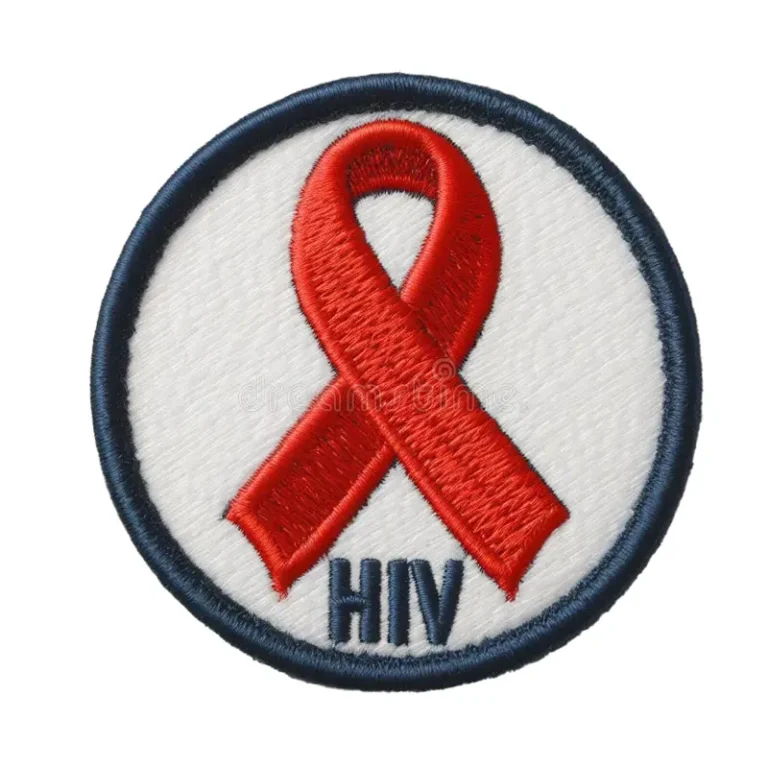By Atoyebi Nike
The recent approval of Yeztugo, a twice-yearly injectable for HIV prevention, has sparked global concern over affordability, with experts warning that high pricing could exclude millions of vulnerable people.
Approved by the U.S. FDA, the injectable form of Lenacapavir, developed by Gilead Sciences, has shown near-total efficacy in preventing HIV infections when taken every six months. The drug’s long-acting nature offers a significant improvement over existing daily oral PrEP options.
However, Gilead’s U.S. list price of $28,218 per person annually has triggered backlash from public health experts and HIV advocates. A Lancet HIV study estimates the drug could be produced generically for as little as $25 to $46 per year.
UNAIDS Executive Director, Winnie Byanyima, welcomed the drug’s approval but condemned its price tag. “If this game-changing medicine remains unaffordable, it will change nothing,” she said.
In Nigeria, virologist Prof. Oyewale Tomori said the situation underscored the continent’s dependence on external innovation. “Only through local investment in biotechnology can Africa stop being sidelined during health breakthroughs,” he said.
Despite pledging zero-cost access for eligible U.S. patients and licensing six generic manufacturers for 120 low-income countries, critics say more action is needed to ensure equitable global access.
Jeremiah Johnson, Executive Director of PrEP4All, said: “It’s not enough to have the science, we need it in the hands of those who need it most.”
